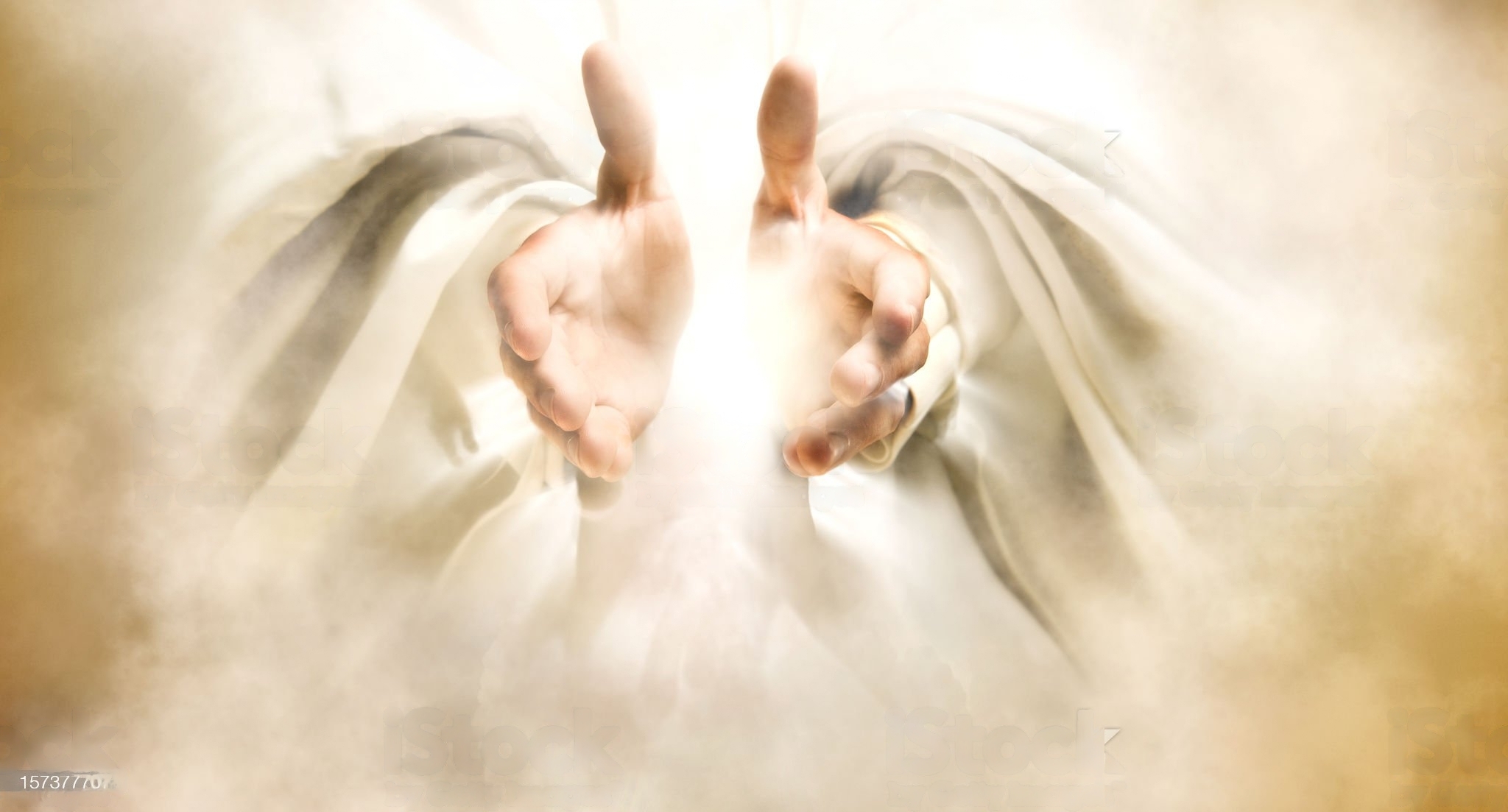Introduction
Religion has played a significant role in shaping societies and cultures throughout history. It has provided guidance, meaning, and a sense of community to countless individuals. However, the role of women in religion has often been a subject of debate, with both empowerment and challenges intertwined in their experiences. Pastor Sharon Annita Edmonds, a respected spiritual leader from Knightdale, delves into this complex and important topic. In this article, we explore the evolving role of women in religion, highlighting both the strides made in empowerment and the challenges that persist.
The Historical Context
Throughout history, many religious traditions have been predominantly patriarchal, with men holding leadership positions and often defining the roles of women within these faith communities. Women were often relegated to supportive roles such as caregivers, homemakers, and volunteers in religious organizations. However, the historical context alone does not define the entire narrative.
Empowerment through Faith
- Spiritual Leaders: Over time, women have emerged as spiritual leaders in various religious traditions. They have become pastors, priests, imams, and rabbis, leading congregations and providing spiritual guidance.
- Community Builders: Women have played pivotal roles in building and sustaining religious communities. They have organized events, led worship services, and fostered a sense of belonging among their fellow worshippers.
- Charitable Work: Religious women have been at the forefront of charitable and humanitarian efforts, addressing issues like poverty, healthcare, education, and disaster relief. Their faith has been a driving force behind these initiatives.
- Interfaith Dialogues: Women have often been catalysts for interfaith dialogues and cooperation, promoting understanding and collaboration among different religious groups.
Challenges Faced by Women in Religion
Despite the progress made, women in religion continue to confront numerous challenges:
- Gender Bias: Gender bias persists in many religious traditions, limiting women’s access to leadership positions and decision-making roles.
- Unequal Pay: In some religious organizations, women in leadership positions receive lower compensation than their male counterparts for the same roles.
- Traditional Roles: Traditional gender roles can restrict women’s participation in certain religious practices and rituals.
- Scriptural Interpretation: Disagreements over scriptural interpretation can result in discrimination against women in some religious contexts.
- Resistance to Change: Resistance to gender equality from conservative elements within religious communities can hinder progress.
Empowerment Initiatives
Numerous initiatives aim to empower women in religion:
- Ordination of Women: Some religious traditions have started ordaining women, allowing them to become clergy members.
- Educational Opportunities: Scholarships and educational programs are being offered to women to enhance their theological knowledge and leadership skills.
- Supportive Networks: Women’s religious organizations and networks provide platforms for advocacy, support, and empowerment.
- Interfaith Collaboration: Collaborative efforts between different faiths and denominations promote gender equality within religion.
- Gender-Inclusive Language: Revisions of religious texts and liturgies to include gender-inclusive language can help break down gender stereotypes.
Pastor Sharon Annita Edmonds’ Perspective
Pastor Sharon Annita Edmonds from Knightdale offers her insights on the role of women in religion:
- Faith as an Empowerment Tool: She emphasizes that faith can be a powerful tool for empowerment, enabling women to overcome obstacles and fulfill their spiritual callings.
- Community Building: Pastor Sharon Annita Edmonds highlights the vital role women play in fostering a sense of community within religious organizations, nurturing faith and connection among congregants.
- Educational Advancement: She encourages women to pursue educational opportunities in theology and leadership, equipping themselves for leadership roles within their faith communities.
- Interfaith Dialogue: Pastor Sharon Annita Edmonds believes that interfaith dialogue and cooperation are essential for challenging gender bias and promoting gender equality in religion.
- Continued Advocacy: She stresses the importance of continued advocacy for gender equality within religious traditions, acknowledging that progress may be gradual but is worth the effort.
Conclusion
The role of women in religion is a dynamic and evolving narrative. While historical biases and challenges persist, women have made significant strides in various religious traditions as spiritual leaders, community builders, and advocates for gender equality.
Pastor Sharon Annita Edmonds and countless others continue to lead the way, exemplifying the empowerment and resilience of women in religion. As societies evolve and religious communities engage in conversations about gender equality, it is essential to recognize the contributions of women in shaping the spiritual and moral landscape of our world. Their leadership, faith, and advocacy continue to inspire and promote positive change within and beyond the realm of religion.

Leave a Reply